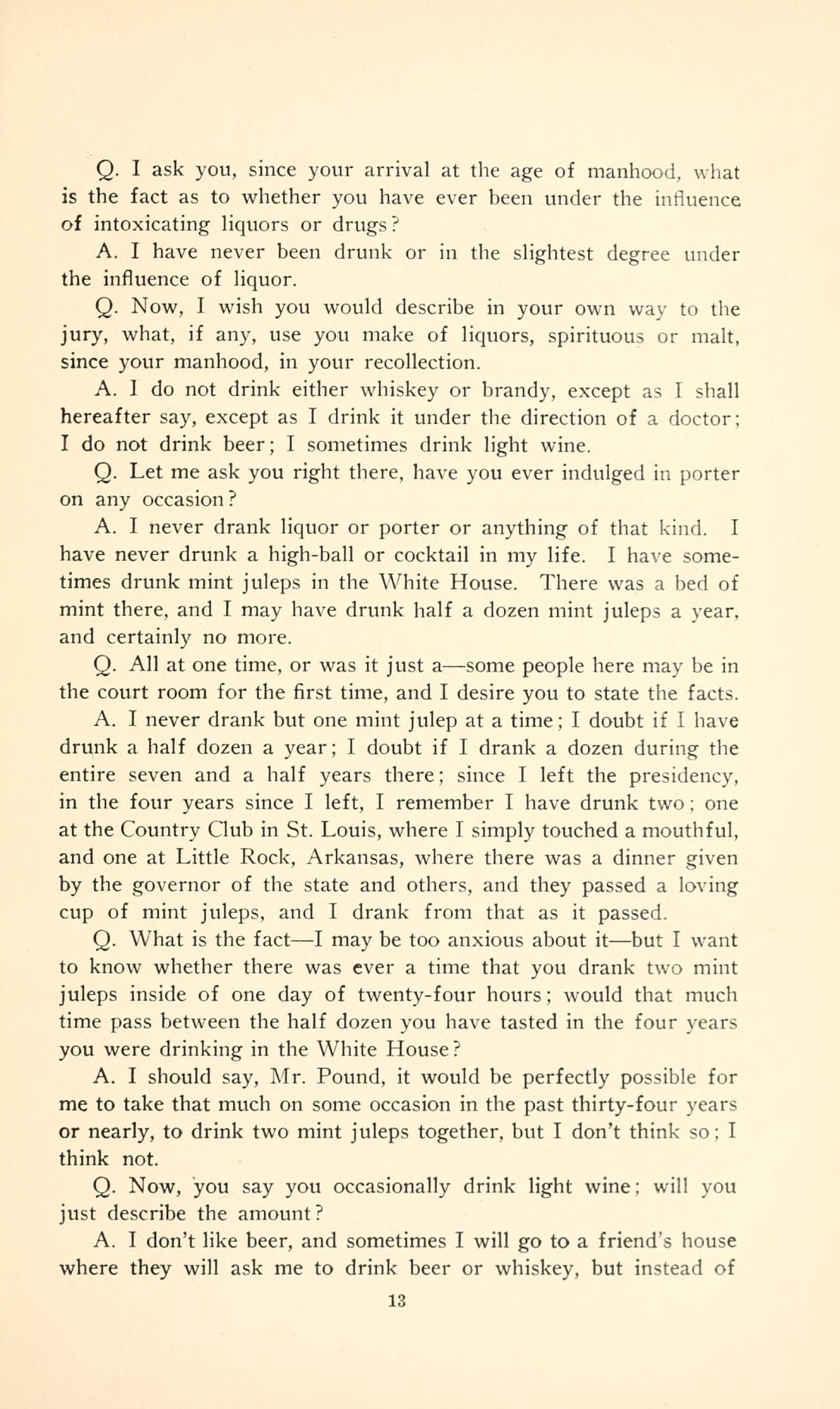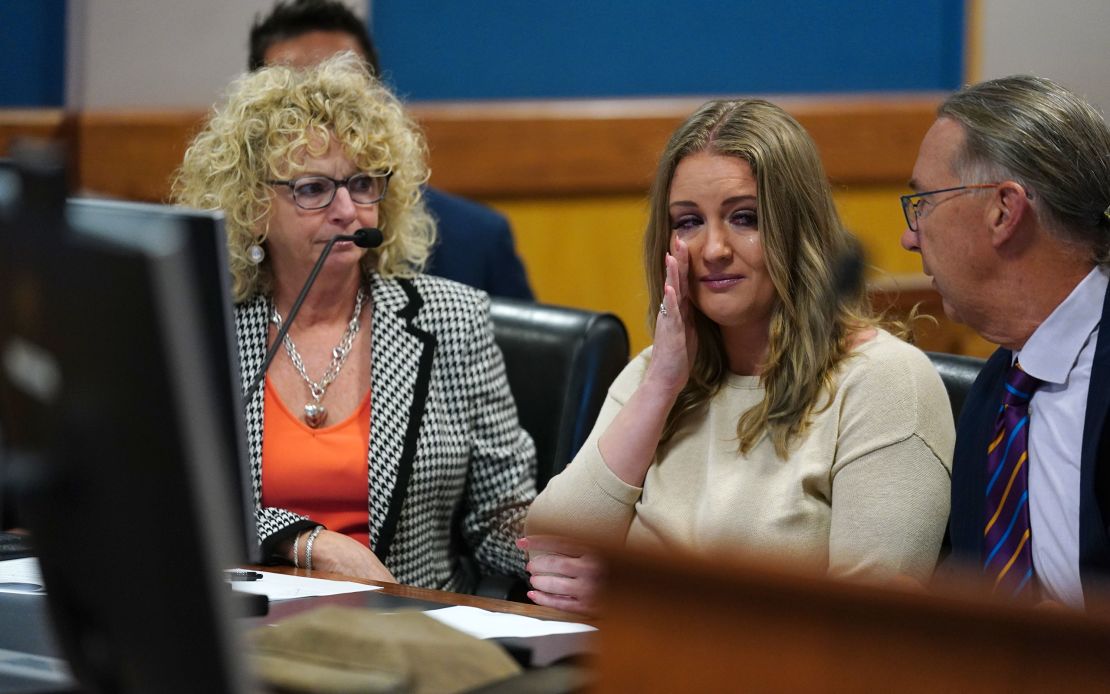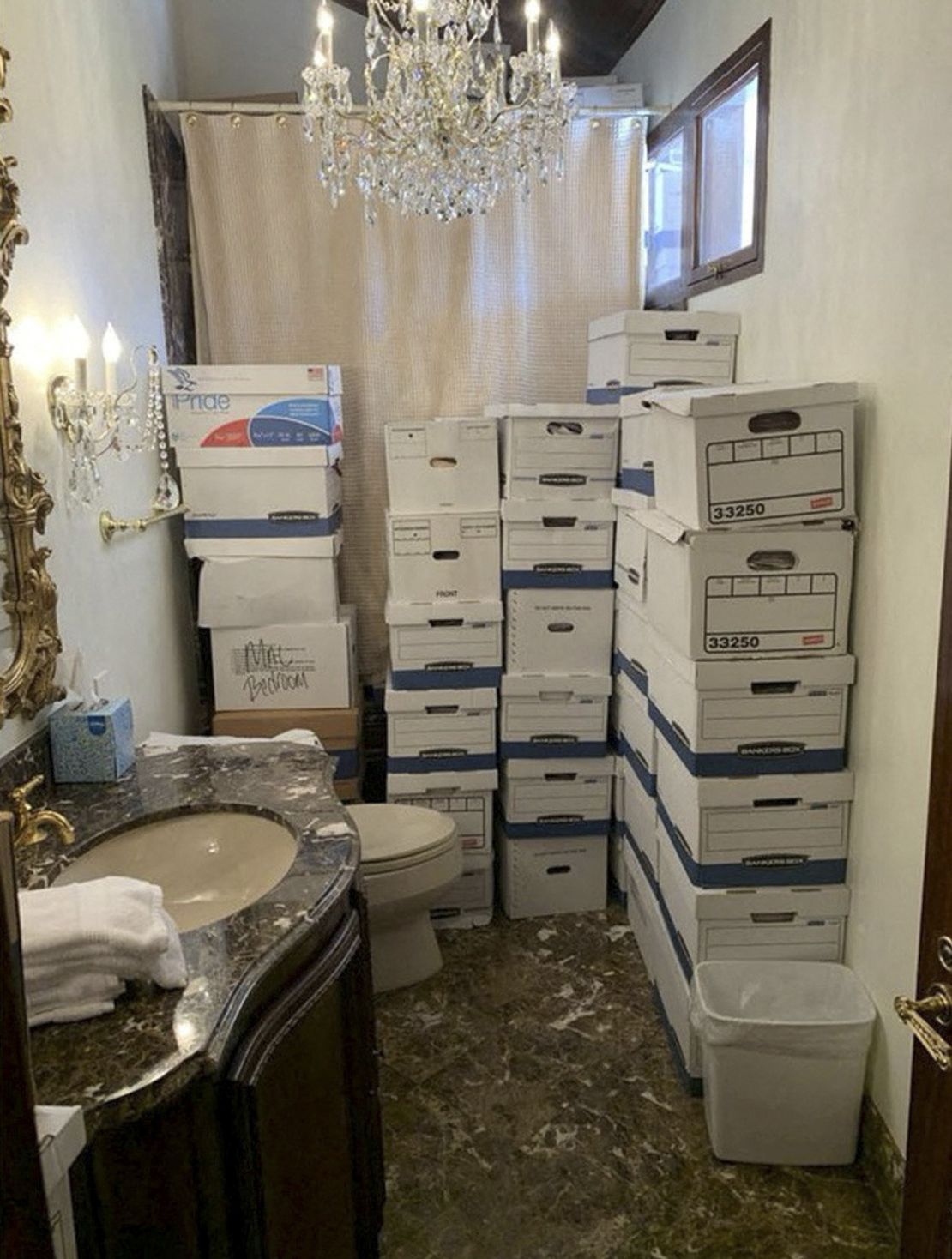De Jason Lange și Ted Hesson
WASHINGTON (Reuters) – Americanii au devenit mai puțin primitori față de imigranții care trăiesc ilegal în SUA încă de la prima președinție a lui Donald Trump, dar rămân atenți la măsuri dure, cum ar fi folosirea lagărelor de detenție pentru efortul de deportare în masă promis al lui Trump, a constatat un sondaj Reuters/Ipsos.
Aproximativ 33% dintre respondenții din sondajul, realizat în perioada 5-10 decembrie, au spus că majoritatea sau tuturor imigranților fără statut legal ar trebui să li se permită să rămână în Statele Unite, în scădere de la 39% în sondajul Reuters/Ipsos realizat în 2017, la începutul Republicii. Primul mandat de patru ani al președintelui ales Trump.
Știri de încredere și delicii zilnice, chiar în căsuța dvs. de e-mail
Vedeți singuri — The Yodel este sursa de destinație pentru știri zilnice, divertisment și povești de bine.
Ponderea respondenților care au declarat că majoritatea sau toți imigranții din SUA în mod ilegal ar trebui deportați a fost în mare parte stabilă, la 53%, comparativ cu 51% în 2017. Ponderea persoanelor care au spus că nu sunt siguri dacă ar trebui să li se permită să rămână a crescut. la 14% de la 9%.
Sondajul a arătat o întărire modestă a opiniilor cu privire la imigrație în rândul multor americani, dar indică, de asemenea, potențiale riscuri politice pentru Trump, în funcție de cât de agresiv își implementează campania de deportare după preluarea mandatului pe 20 ianuarie.
Doar 30% dintre respondenți au fost de acord cu o declarație conform căreia „imigranții ilegali ar trebui arestați și puși în lagăre de detenție în așteptarea audierilor de deportare”, în timp ce 53% nu au fost de acord. Alți 17% au spus că nu știu unde se află sau au refuzat să răspundă la întrebare.
Sondajul republican Whit Ayres a spus că Trump ar putea pierde sprijinul dacă împarte familii, pune imigranți în lagăre de internare în stilul celui de-al Doilea Război Mondial sau deportează oamenii care au fost aduși ilegal în SUA când erau copii, un grup cunoscut sub numele de „Visătorii”.
„Majoritatea americanilor nu vor sprijini deportarea unui tată care este singurul susținător al unei familii de cetățeni americani”, a spus Ayres.
Trump a recucerit Casa Albă în noiembrie, după ce a promis că va reprima imigrația legală și ilegală, inclusiv un angajament de a deporta ilegal un număr record de imigranți în SUA. Aproximativ 27% dintre respondenții noului sondaj Reuters/Ipsos au spus că imigrația ar trebui să fie prioritatea principală în primele 100 de zile de mandat ale lui Trump, mai mult decât orice alt domeniu de politică.
Într-un interviu pentru NBC News, difuzat duminică, Trump a spus că își propune să deporteze ilegal toți imigranții din SUA.
„Nu vreau să despart familiile, așa că singurul mod în care nu destrămați familia este să le țineți împreună și să le trimiteți pe toate înapoi”, a spus Trump.
Poziția mai puțin primitoare față de oamenii din țară în mod ilegal vine pe măsură ce ponderea imigranților din populație a crescut la 14%, cel mai înalt nivel din peste un secol, conform estimărilor populației recensământului din SUA din 2023. Acest procent include imigranții care trăiesc ilegal în SUA, un număr estimat de Departamentul de Securitate Internă al SUA la 11 milioane în ianuarie 2022.
Administrația Trump intenționează să utilizeze resurse din întreaga guvernare pentru inițiativa de deportare, despre care vicepreședintele ales JD Vance a semnalat că ar putea viza 1 milion de oameni pe an.
Consiliul American pentru Imigrare, pro-imigrație, a estimat că deportarea ilegală a tuturor imigranților din SUA ar costa în medie 88 de miliarde de dolari anual. Într-un interviu Fox News de duminică, țarul de frontieră al lui Trump, Tom Homan, a spus că ar avea nevoie de o sumă similară.
Într-un interviu din aprilie, Trump a refuzat să excludă construirea de lagăre de detenție, dar a spus că „nu ar fi atât de mare nevoie de ele”, deoarece imigranții vor fi deportați rapid.
RETORICA CRIMELOR LUI TRUMP
În timpul campaniei electorale din acest an, Trump a criticat președintele democrat Joe Biden pentru că a permis ceea ce Trump a descris în mod fals drept un val de crime violente comise ilegal de imigranți din țară. Numeroase studii au constatat că imigranții – atât cu statut legal, cât și fără statut – nu comit infracțiuni cu rate mai mari decât americanii nativi.
Retorica politică ar putea modela opiniile unor americani. Printre cei din sondaj care au ales imigrația drept una dintre problemele de top cu care se confruntă țara, aproximativ 20% au spus că imigranții comit infracțiuni sunt preocuparea lor principală în materie de imigrație. Ponderea persoanelor concentrate pe criminalitatea migranților a fost puțin mai mare în rândul respondenților minoritari – la 24% – în comparație cu respondenții care s-au identificat drept albi – la 18%.
Sondajele din ultimii ani au constatat că mai puțin de una din 10 persoane axate pe imigrație sunt preocupate în special de criminalitatea migranților.
Scăderea ponderii persoanelor care primesc imigranți în țară ilegal a fost deosebit de puternică în rândul republicanilor, unde sprijinul pentru a permite oamenilor să rămână a scăzut la 9% de la 18% în 2017. În rândul democraților, sprijinul pentru a lăsa oamenii să rămână a fost în mare parte neschimbat la 61 de ani. %.
În rândul hispanicilor, un grup despre care sondajele au arătat că s-a orientat puternic către Trump în noiembrie în comparație cu alegerile din 2020, sprijinul pentru a lăsa imigranții să rămână chiar dacă nu au statut legal a scăzut la 47% de la 54% în 2017. s-au opus lui Trump în noiembrie, conform sondajelor de ieșire din sondaj, ponderea care a susținut ca oamenii să rămână a scăzut la 36% de la 58% în 2017. Aproximativ 29% dintre respondenții albi au susținut să le permită oamenilor să rămână, în scădere de la 33% în 2017.
Brett Buerck, CEO al companiei de consultanță Majority Strategies, axat pe republicani, a declarat într-un e-mail că alegătorii doresc ca Trump să ia măsuri cu aplicarea legii în materie de imigrație și s-au săturat de discuții nesfârșite fără progrese reale.
„Agenda imediată este clară: asigurați granița, deportați criminalii și rezolvați restul de acolo”, a spus el.
Sondajul Reuters/Ipsos, realizat la nivel național și online, a chestionat 4.183 de persoane și a avut marje de eroare de aproximativ 2 puncte procentuale pentru întrebările la care au răspuns toți respondenții. Cifrele privind opiniile negre și hispanice s-au bazat pe eșantioane mai mici din sondaj și au avut marje de eroare de aproximativ 4 sau 5 puncte procentuale.
(Reportaj de Jason Lange și Ted Hesson la Washington; Editare de Scott Malone și Deepa Babington)




